On Tuesday morning, arguments are underway in the Supreme Court's hearing of Fischer v. U.S., which has wide-reaching implications for numerous prosecutions linked to the January 6, 2021, Capitol riot and a federal criminal case involving former President Donald Trump.
The case centers on defendant Joseph Fischer's challenge to the Justice Department's charges of "corruptly" obstructing, influencing, or impeding a congressional proceeding on Jan. 6. Lawyers for Fischer argue that the statute used, passed by Congress in 2002 primarily for financial crimes, doesn't apply to his actions during the Capitol incident. The government argues that Fischer's actions disrupted Congress from fulfilling its Electoral Count Act duties.
The question before the justices is whether a provision of the Sarbanes-Oxley Act, enacted in the wake of the collapse of the energy giant Enron, covers the conduct of Fischer, a former police officer. The 2002 legislation was prompted by accounting fraud and document destruction. The provision is written broadly, and debates are centered on whether it should be interpreted widely or limited more narrowly.
In his arguments before the high court, Fischer's attorney, Jeffrey T. Green, referred to the time period when the legislation was signed into law as the "dawn of the information age" and argued that the law had never been used before the Jan. 6 prosecutions for any reason other than in cases of tampering with records.
Related:
Blockbuster Ruling From DC Circuit Renders Some J6 Sentences Improper
Previously, in a separate legal matter heard by the Supreme Court concerning another aspect of the same law, the Court emphasized the importance of anchoring legal interpretations to the original intent of the legislation.
The impending SCOTUS ruling potentially affects hundreds of individuals facing the use of this charge, carrying a maximum sentence of 20 years, per the U.S. attorney’s office in Washington. The law figures in two of the federal charges against Trump in his election interference case, and more than 350 people linked to the events of Jan. 6 at the Capitol have been prosecuted under it. If the Supreme Court sides with Fischer and says the statute does not cover his alleged conduct, Trump is almost certain to contend that it does not apply in his case, either.
At the heart of the legal debate is the interpretation of the law's provisions. The 2002 legislation intended to address a gap in federal law that criminalized persuading others to destroy records relevant to investigations or official proceedings but did not address the individual themselves destroying such evidence.
The law has a two-part provision, and Fischer's lawyers argue that the first part of the statute must inform the second part, meaning that, in their view, the alleged obstruction must be linked to destroying records or evidence.
The first part of the law criminalizes the act of corruptly altering, destroying, or concealing records to frustrate official proceedings. The second part — where the issue lies in Fischer — made it a crime to "otherwise" corruptly obstruct, influence, or impede any official proceeding.
The government argues that "otherwise" means "in a different manner" and that the charge of obstruction of official proceedings does not necessitate the destruction of evidence. They consider this part of the law to be a catchall. In his arguments before the court on Tuesday, Green said this part of the statute had been perverted from a "catchall into a dragnet."
In Fischer's case, Judge Carl Nichols of the U.S. District Court for the District of Columbia previously dismissed the obstruction charge, ruling that the statute should not apply to the Capitol building rioters. The government then appealed Nichols' ruling to the U.S. Court of Appeals for the D.C. Circuit, which reversed Nichols in a 2-1 decision.
Appeals court Judges Florence Pan and Justin Walker held that the statute was applicable to congressional proceedings, not just tangible documents. Justice Pan wrote in the majority opinion that Nichols used a “cramped, document-focused” reading of the statute.
Judge Pan wrote:
We cannot assume, and think it unlikely, that Congress used expansive language to address such narrow concerns. We must accept, and think it far more likely, that Congress said what it meant and meant what it said.
In a dissenting opinion, Judge Gregory Katsas argued that the statute should be limited to conduct “intended to hinder the flow of truthful evidence to a proceeding.”
As the Supreme Court hears arguments on Tuesday, the debate centers on whether the statute should be interpreted narrowly or broadly while the outcome has far-reaching ramifications for hundreds of defendants and Trump, the presumptive Republican nominee for president, as he attends the second day of his criminal trial in Manhattan.
Read More:
As 'J6 Praying Grandma' Faces Prison, Trump Shares Support Calling Her 'One of Biden's Hostages'
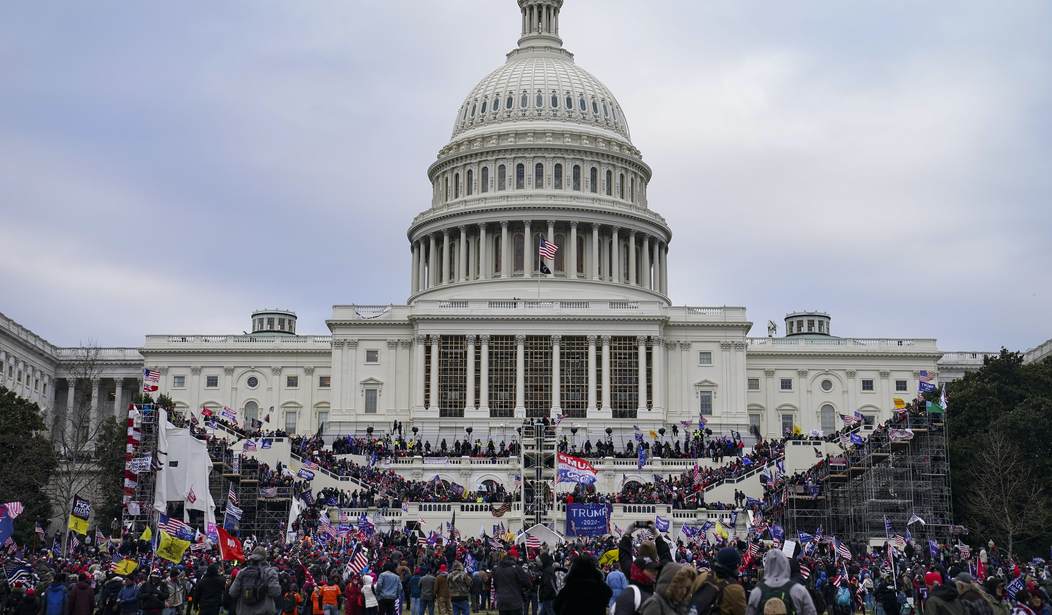
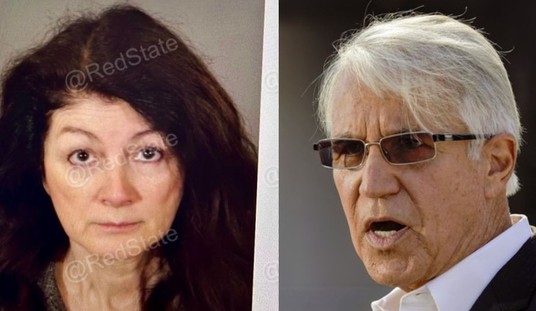


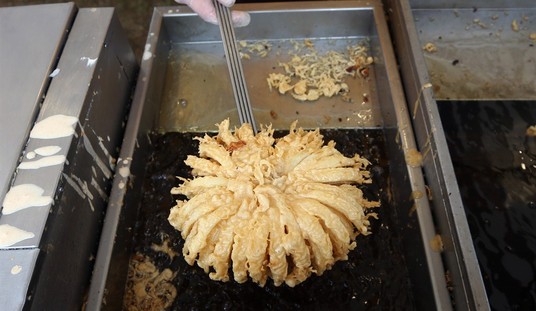


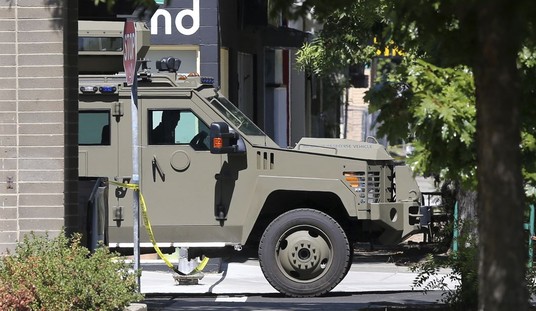



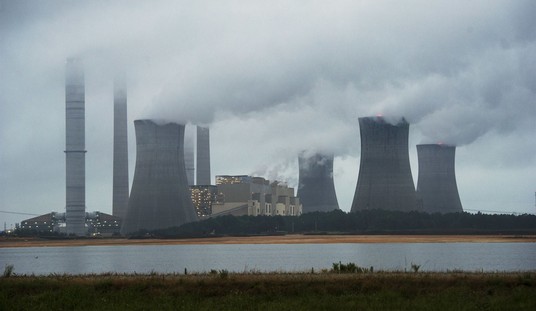


Join the conversation as a VIP Member